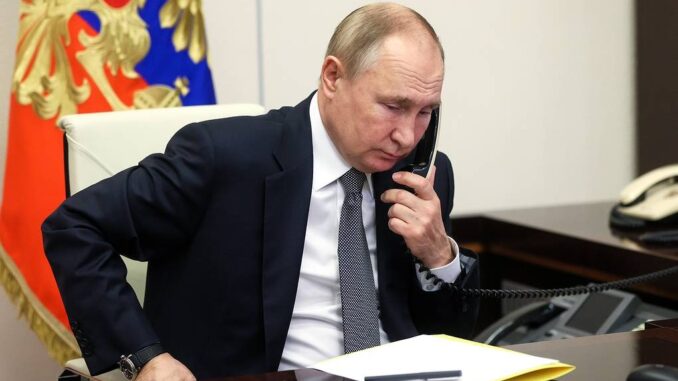
On the weekend of November 9 and 10, Russia hosted senior officials from around 50 African countries in Sochi for a Russia-Africa ministerial Conference. In a message delivered by Foreign Minister Sergei Lavrov, President Vladimir Putin pledged Russia’s “full and continuous support” to African nations across various sectors, including sustainable development, counter-terrorism, epidemic response, and food security. The Russian President expressed hopes to deepen “all Russian-African ties,” building on the two previous Russia-Africa Summits held in 2019 and 2023.
Lavrov noted ongoing progress in Russian-African cooperation despite what he described as “artificial obstacles” created by the “collective West,” referring to the United States and its allies. The conference follows October’s BRICS summit in Kazan, where Putin aimed to demonstrate that Western isolation and sanctions efforts have been ineffective. Russian messaging, particularly on social media, has promoted the idea of a “fairer world order” and criticized Western “neocolonialism” in Africa—a message that resonates with some African leaders. Malian Foreign Minister Abdoulaye Diop, speaking on the sidelines of the conference, remarked that “Russia is not a colonial power” and has historically supported African nations in resisting colonial systems.
Russia’s influence in Africa has grown in recent years, particularly through mercenary groups such as Wagner and its successor, Africa Corps, which Moscow claims provide “advisory” support to local governments in the Sahel and Central African Republic. This influence has been paired with a decline in French presence in these regions. In 2023, Russia delivered over $5 billion in arms to Africa, as reported by Rosoboronexport, the Russian state-owned arms exporter.
